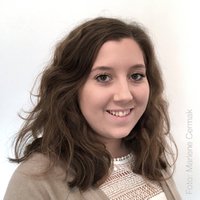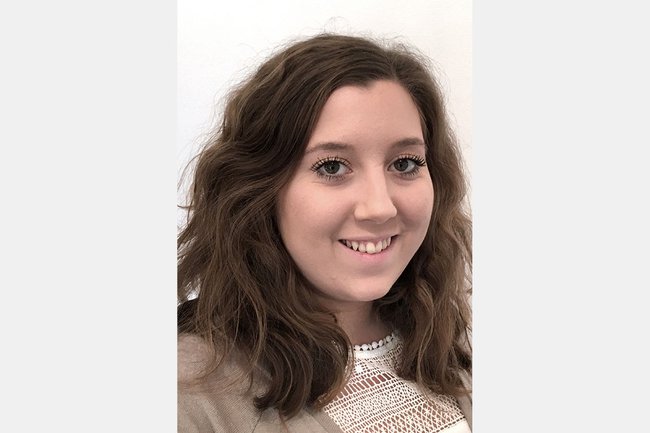Dual Study Programmes: Two Are Better Than One
Master Thesis on the Design of Dual Study Programmes in Austria
Marlene Cermak, staff member for Reporting and Information Management in the UAS service unit Higher Education Development at the St. Pölten UAS, has completed her master degree in “E-Learning and Knowledge Management” at the FH Burgenland. Her thesis with the title “Doppelt hält besser? Ausgestaltung dualer Studiengänge in Österreich” (Two Are Better Than One? Design of Dual Study Programmes in Austria) investigates dual degree programmes with a focus on learning site cooperation.
For her thesis, Cermak evaluated the characteristics of “multiple learning sites” and “competence orientation” of dual study programmes. One focus was on combining the perspectives of students, universities, and companies, as well as on practice-oriented insights.
The research questions were:
- How do dual study programs succeed in promoting the application-oriented competence development of students through the interlocking of theory and practice as well as the cooperation of the two learning locations?
- How does the transfer of knowledge between the learning sites work in practice?
- How are science and implementation orientation linked in practice?
Cermak answered these questions with the methods of document analysis, focus group discussions, and student surveys.
Positive Perception of Dual Study Programmes in General
The results show that the perspectives of universities, companies, and students predominantly correlate, for example when it comes to experiencing the reality of work and company processes or in terms of becoming familiar with work-related problems.
The persons interviewed described the transfer of knowledge and exchange between the learning sites as mainly positive. They see the application of theoretical knowledge to practice as an essential success factor of dual study programmes. Overall, satisfaction with dual study programmes in Austria can be observed among all three stakeholders.
However, corporate partners would like to see more flexibility in the dual phases, while both universities and companies wish for a stronger external perception of dual studies in Austria.
Important Results
Cermak wrote her master thesis in part based on her area of activity at the St. Pölten UAS, with support from Thomas Felberbauer, Academic Director of the dual study programme Smart Engineering, Katalin Szondy, Head of the UAS service unit Higher Education Development, and the platform “Duales Studium Österreich” (dual studies Austria).
“The findings are very important for us as well as for dual study programmes in Austria in general, as scientific research on the topic is still rare”, says Szondy.
The thesis received the grade “A”.
- Studiengang Smart Engineering
- Plattform Duales Studium Österreich (dual studies Austria)

Marlene Cermak , BA MA
Evaluation and Knowledge TransferService and Competence Center for Higher Education Development and Quality Management

